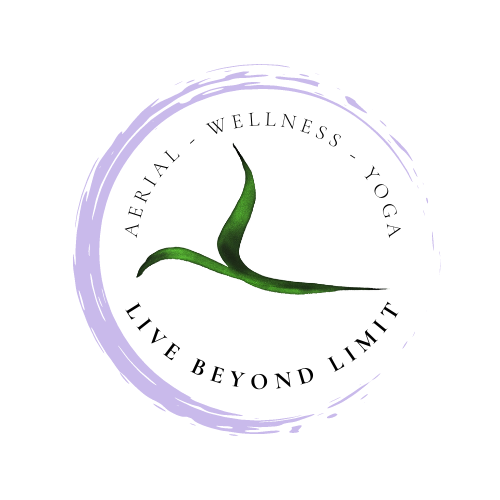Warmer temperatures, stronger sunshine, water sports, mountain play and more is upon us and it's important to be prepared as the temperatures shift and we start acclimating to the new environment. Below are some tips to keep you on the pleasant road during all of your outdoor excursions:
Stay fully hydrated. Hydration is one of the most important elements of optimal performance and reaching fitness and lifestyle goals. Thirst normally doesn’t show as a symptom of hydration until the body is already significantly dehydrated.
Pre-exercise: Have at least 8oz of water within 30 minutes before your ride to start off well hydrated.
During: Take in approximately 16-24oz of water an hour (more or less for sweating). Aim to take sips frequently! Try not to take large gulps, as it is harder for your body to absorb. Shoot for approximately a 6-8% dilute carbohydrate and water solution to maximize absorption rates.
Post-exercise: Drink a minimum of 8oz of water afterwards to aid in proper recovery. If water weight was lost post-exercise, replace with equivalent oz of water (1lb = 16 oz) over time (remember larger quantities are harder to absorb).
Eat for success. Another essential component to optimal performance is your nutritional status. It is important to eat before, during and after exercise to ensure physical capacity and recovery.
Pre-exercise: Eat a normal meal 2-3 hours pre-activity. Approximately 30 minutes before your excursion have a small carbohydrate rich snack to slightly increase blood glucose to preserve your muscular glycogen (energy) stores for later in your activity.
During Exercise: Have approximately 150-300 calories of carbohydrate/hr (1g carb = 4 calories) while exercising after your first hour (remember some of this is coming from your drink).
Post Exercise: Eat carbohydrates and proteins after your outdoor play. It is important to have both for maximal recovery and replacement of muscle glycogen.
Protect your skin and eyes. Your skin is the largest organ of the body and protects your from microbial attacks at every given moment. Your eyes are the portal between you and perceiving the world around you in a visual nature. It is vital to protect these two organs to ensure longevity, avoid unnecessary cancers and surgeries, and enjoy the rest of your day and week without potentially serious pain.
Wear reef safe (which means it is safe for you too) SPF 15 at minimum. There are many commercial and organic options out there. Find one you and your skin love and lather up frequently. If you are into water or sweaty sports, look for one that holds up to fluids and remember to reapply after toweling off or wiping the sweat down.
Wear a hat and or sunglasses at high hours of the day. Consider a pair of sunglasses that has some sort of filtration for harmful rays, especially if you plan on spending time on the water.
Avoid overexposure to the sun. The sun can lead to horrible illness and even death in the forms of heat cramps, heat stroke, heat exhaustion, and heat rash outside of the traditional sunburn.
Recognize the signs and symptoms and seek medical attention if necessary. Always enjoy shade when possible if you are out in the sun for long periods of time to decrease body temperature and especially if you experience any of the following symptoms.
Heat Rash: Pink or red rash usually found where the body is covered with clothing. This is usually caused by blocked sweat ducts and should be watched for progressing infection.
Heat Cramps: Painful, involuntary muscle spasms or cramps associated with exercising in the heat. Cease activity immediately until the cramping stops and do not resume for hours after relief if possible. Drink fluids containing a balance of electrolytes. Once the cramps stop, you can use gentle massage and stretching to relieve and flush the area. If they do not stop, see a doctor immediately.
Heat Exhaustion: Excessive thirst, confusion, dizziness, weakness, muscle cramps or spasms, nausea, vomiting, pale skin, rapid pulse, and/or loss of consciousness. Remove oneself from the heat as soon as possible, remove tight clothing, drink cool fluids, apply cool liquids via shower or towels and rest. If symptoms do not cease, see a doctor immediately.
Heat Stroke: Body temperature reaches 104 degrees or higher. Symptoms appear first as heat exhaustion, but can shift to dry skin that feels hot to the touch, rapid breathing and death. It is important to get to an emergency department as soon as possible so organ damage does not occur and death is prevented.
Good luck and enjoy your outdoor activities! Please leave your questions and comments below or feel free to contact me directly via katew@livebeyondlimit.com or our Contact page!
